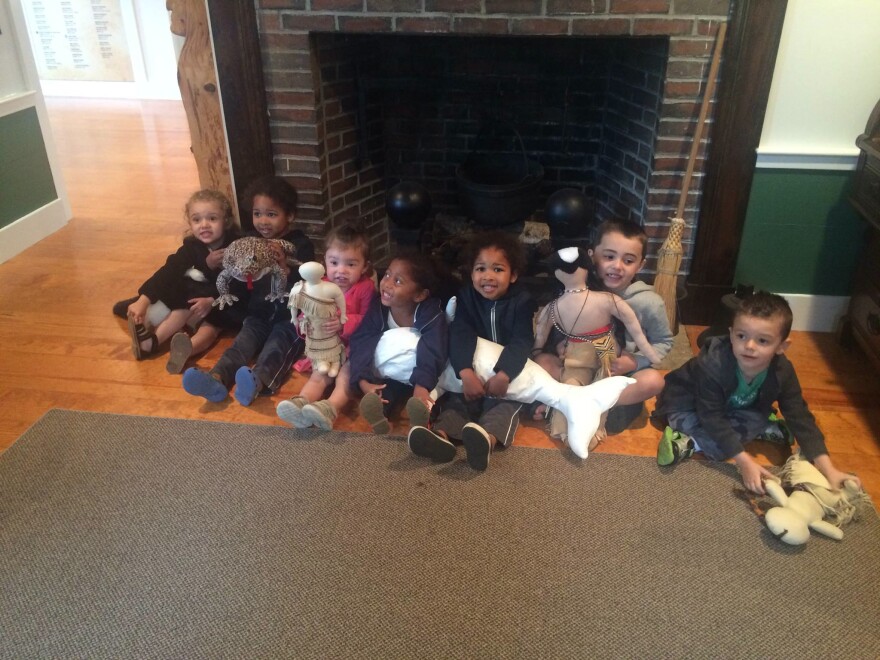The group that has been teaching the Wampanoag language to tribe members for the last two decades is now opening a preschool for the first time. Applications are being accepted now.
The language, called Wôpanâak, had fallen silent for nearly 150 years when MashpeeWampanoag Tribe member Jessie Baird (Little Doe) began to revitalize it in 1993. Using a trove of documents dating back to the 1600s, Baird pieced together the grammar and vocabulary of her ancestors and taught herself to speak it.
Baird and others started the Wôpanâak Language Reclamation Project to teach more Wampanoags the long-forgotten tongue.
In 2012, the project leaders started putting together an application for a state-funded charter school. But they put those plans on hold in November after two of their early applications were met with numerous questions from state regulators.
Jennifer Weston, the immersion school developer for the project, says it was feedback from the state, plus the language project’s desire to start with a small-scale school that made them drop the charter school concept.
“Often charter schools are quite large initially, especially in proportion to the number of teachers we have in the community,” she said.
Instead, the project formed a partnership with the Montessori Academy of Cape Cod in North Falmouth to open a Wôpanâak preschool classroom inside the existing school.
This new “Children’s House” (MukayuhsakWeekuw) will use the same Montessori method of teaching, but be taught almost exclusively in Wôpanâak. Children attending the pre-existing Montessori school will interact with the Children’s House students for part of the school day. For funding, the immersion program has applied for a three-year federal grant from the Administration for Native Americans.
The long-term goal is to grow the immersion program into a preschool-to-grade 12 school.
Weston says that language immersion has benefits for Native American children as they enter high school.
“Language immersion schools see almost zero dropouts, where as the national average spans between 40 to 50 percent for some tribal communities,” she said. “Language immersion schools just don’t see that kind of attrition."
There will be 14 spots available at the immersion preschool in the first year, which starts in September 2016. Children from Wampanoag tribal households are invited to apply.







